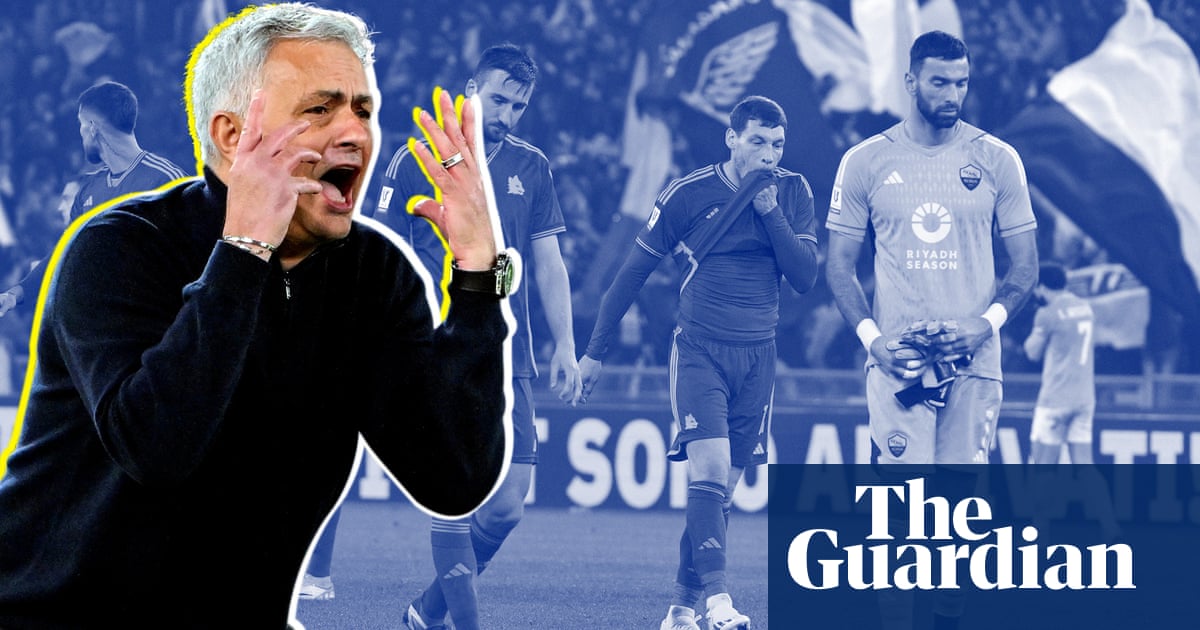
A World Cup in Qatar
The greatest? Qatar 2022 served up the best World Cup final for decades and Lionel Messi, in finally lifting the World Cup, confirmed himself as the finest player of the 21st century, should that have been in doubt. Amid the celebrations, Messi kept the coolest head, even making sure to sidestep the pestering of gold-steak seasoner and Gianni Infantino acolyte Salt Bae.
Infantino and the host nation had the showpiece they wanted, Messi and Kylian Mbappé coming to the party to echo the game’s greats. Mbappé’s hat-trick saw him overtake Pelé, Vavá and Geoff Hurst as the highest scorer in World Cup final ties, while Messi lived up to the ghost of Diego Maradona.
It followed a tournament that fully entertained and in Morocco delivered a first African and Arab team to the semis. That still wasn’t enough to change anyone’s opinion of Qatar hosting a World Cup. The organisers remained defensive to the last, discussions of migrant labour and human rights deflected by hails of whataboutery. Beyond the feats of Messi and Mbappé, empty stadiums in the desert are now monuments to the lives lost in constructing a show of opulence.
Lionesses roar to victory
It came home. Chloe Kelly’s winning goal in extra time against Germany at Wembley crowned a first senior title for an England national team since 1966. Sarina Wiegman was the calming mastermind behind it, the Dutch coach winning a second successive Euros, harnessing the wealth of English talent developed in the Women’s Super League.
The goals were scored by Kelly and Ella Toone, each introduced from the bench, Wiegman’s game management taking the match away from an experienced Germany team overwhelmed by the Lionesses’ depth of talent. Beth Mead, with six goals, had inspired England to the final, but an injury saw her give way to Kelly in the final.
The road to Wembley had not been totally serene, it requiring a poacher’s finish from Toone to take Spain to extra time in a quarter-final at Brighton. And the final itself, in front of a record attendance, supplied high drama before scenes of post-match celebration as a new audience for the women’s game was welcomed to the fold.
Kelly’s goal, scrambled in after a corner, was the achievement of a dream and will have inspired many others.
Chelsea for sale
When Russian forces moved into Ukraine on 24 February Roman Abramovich’s ownership of Chelsea entered its endgame. The UK government imposing sanctions on Russian oligarchs soon made that a fait accompli. Abramovich first sought to hand the stewardship to the club’s charitable foundation before, once it became clear his UK assets were to be frozen, confirming the club was for sale.
“It pains me to part with the club in this manner,” read a statement that ended 19 years of a regime that changed the face of English football, accelerating transfer spending and introducing the concept of Premier League clubs as status symbols for the planet’s super-rich.
Thus began a lengthy beauty contest of potential owners, a bidding process eventually won in May by a consortium led by Connecticut’s Todd Boehly partnered with the investment firm Clearlake Capital, for a price of £4.25bn. Boehy spending more than £250m on players and sacking Thomas Tuchel seven matches into the new season were decision-making very much in the style of Abramovich, though the new owners proved themselves disruptors, too. That hefty purchase price surely played a part in the American-owned Liverpool and Manchester United soon enough being prospected for potential sales or investment.
Chaos in Paris
The Champions League final on 28 May, between the 13-time winners Real Madrid and the six-time winners Liverpool had the makings of a classic. The bare facts of the game are a tight, tense game won by the better team in the Spanish side, the goal scored by Vinícius Júnior, though with Madrid’s goalkeeper Thibaut Courtois outstanding.
Perhaps those facts are better remembered in Spain than on Merseyside, though fans from Madrid were also caught up in chaos caused by the gross mismanagement of the policing and stewarding of the occasion.
Nobody died, probably by fortune alone, but Liverpool fans crushed against each other outside the stadium gates brought back bitter, painful memories of Hillsborough in 1989. Distressed, corralled down narrow passages by heavy-handed police and kept waiting as technology failed at the turnstiles, fans were then sprayed with teargas to make the situation even more panicked and uncomfortable.
The French government, the police and Uefa’s immediate response of putting blame on fake tickets and fan behaviour brought back further echoes of Hillsborough. This time, the cover-up lasted hours rather than decades and a Uefa inquiry is in train, though questions remain over its independence.
A Camp Nou record
The growth of the women’s game continued in club football and when Barcelona hosted Real Madrid on 30 March a record crowd saw a clásico in the quarter-finals of the Champions League. The attendance reached 91,553 and the home team turned on the style, winning 5-2, 8-3 on aggregate.
Barcelona looked unstoppable that night, Alexia Putellas, 2022’s eventual Ballon d’Or winner, resplendent, and yet in the final the defending champions, who had won every game in La Liga, lost to Lyon, inspired by the brilliant Ada Hegerberg.
The Azteca Stadium crowd for the 1971 Women’s World Cup final between Denmark and Mexico in Mexico City, estimated at more than 100,000, presents another barrier to break but the sight of women’s football in venues such as the Camp Nou is becoming commonplace. Small stadiums such as Chelsea’s Kingsmeadow ripple with atmosphere but are not sizeable enough to meet growing demand.
The death of Queen Elizabeth II meant the Women’s Super League’s opening weekend was postponed in early September, denying fans their post-Euros chance to see Tottenham play at White Hart Lane, Chelsea at Stamford Bridge and Brighton at the Amex.












